Cheney Mason Jars the Truth, By George!
 Sunday, July 6, 2014 at 12:18PM
Sunday, July 6, 2014 at 12:18PM It’s hard to believe that Casey Anthony was found not guilty of first-degree murder three years ago, but she was. My coverage of the case began in November of 2008 and continued in earnest until the verdict. That’s when it ended. Many people wanted me to resume writing about her — the lawsuits and bankruptcy — but my job was finished. Those news stories were of little relevancy to me, so I never wrote about her again. Until now. Something (or someone) has piqued my interest. Most assuredly, it must be of major importance to stir me from my restful, peaceful, crime-free, post-Zimmerman Rip Van Winklish sleep, right? Yes, and it’s Cheney Mason. Just as the Casey Anthony saga began with a flurry of horrible lies, the nest of iniquity continues.
Certainly, I have reasons to seek vengeance on those who took down the presiding judge at my expense, but I’m not a begrudging type, and the years have softened my stance to some extent. Jose Baez apologized years ago. It was nothing personal against me, he said, but he didn’t feel Casey could get a fair trial, especially in light of the check fraud pleas. That’s a different story and I understand more about the incident after years of study and reflection; however, I firmly believe the idea was the brainchild of a vindictive Cheney Mason. Mason had it in for Judge Stan Strickland and you are just going to have to trust me on it with no further explanation at this time. Asking the judge to recuse himself from this case is not the reason why I decided to pick up my pen. It’s to set the record straight over what I consider to be a persistent and perpetuating lie perpetrated by Mason — that poor, little Casey is innocent of any and all wrongdoing, and that the media and prosecution are guilty of everything.
In his book, Presumed Guilty | Casey Anthony: The Inside Story, Baez wrote:
Casey and I had discussed her sexual abuse, and I felt it was only a matter of time before she would tell me the truth about what happened to Caylee.
This was immediately followed by:
The day I had a major breakthrough with Casey came in the early months of 2009 […]
He continues to explain what Casey told him about the drowning and her father’s involvement:
“Don’t worry. I won’t tell anyone. I’m taking care of it. Don’t say a word of this to anyone, especially your mother,” and he walked away.
Believe what you want. My point is that for over two years, until the onset of the trial in downtown Orlando, her defense team maintained an oblivious facade about the cause of Caylee’s death, and the public and many facets of the media were eschewing whatever Baez, et al, spit out. If she was so innocent, why not come forward much sooner than the trial? To be Nancy Grace-like, it would have been a BOMBSHELL and it would have sent the prosecution reeling into a downward, spiraling tizzy… momentarily, at least, until it had a chance to regroup. Instead, the young woman sat in jail from October 14, 2008 to July 17, 2011.
(I think it’s important to remind you, before I go on, that Baez was not death penalty qualified, so Mason was hired, pro-bono, in March of 2010, a year before Casey opened her mouth about the death of her daughter, as cited above. Mason had collaborated with Baez prior to officially joining the defense, too, so he was aware of his new client’s alibi and the accusation of sexual abuse. Unfortunately for George Anthony, he was going to be the defense scapegoat and he didn’t have a clue. If I was a minor target, George was huge.)
§
Presently, I know precisely what Mason is spewing. It’s called marketing propaganda and he’s doing it to promote his new book, Justice in America: How the Media and Prosecutors Stack the Deck Against the Accused due out soon. I think it’s important and fair to first note that Mason does come with credentials. He’s a highly regarded veteran of criminal defense trials, as CNN’s Jean Casarez just pointed out in her interview with him, What life is like for Casey Anthony, updated July 4:
A former president of the Florida Association of Criminal Lawyers, Mason, who just that year had been selected by Florida Monthly magazine as one of Florida’s top lawyers, was disgusted with the local media coverage about the relatively inexperienced Baez.
That’s great. What a hero. Definitely, Baez was treated with contempt by the public and press, but it came with the territory of representing the most reviled woman in America and Baez knew that. What he needed was help forming a strong and capable defense, not a pompous ass press secretary/superhero. For now, though, let’s continue with the version Casarez wrote and elicited from Mason:
Shortly before jury selection was to begin, Mason got word that Anthony’s handwritten letters describing sexual abuse at the hands of her father were going to be made public under Florida’s open records law.
He believed it was only right that Anthony’s parents, George and Cindy, were warned. He called them to his office late on a Friday afternoon.
“We had them one at a time come into my personal office and made the announcement: ‘Monday’s going to be a bad day for you George. I felt man to man I would tell you in advance.”“
Mason said George Anthony’s reaction was “basically none.” “He looked at me … I turned sideways a little bit, he clapped his hands down on his thighs — let out a big sigh but didn’t say anything,” Mason said.
“He never admitted doing anything,” Mason said. “All we had were the letters and (separately) the statements Casey had made to the psychiatrist.”
According to Mason, he then called Cindy in to inform her.
Next it was Cindy Anthony’s turn. “We called Mom in, Cindy, and told her and she immediately welled up with emotion, cried, was very upset,” Mason said.
This is not what I recall from my experience with the case. Please note that Mason said George and Cindy Anthony went to his personal office after he got word, yet in his book, Baez wrote something contrary to Mason’s revelation.
Two psychiatrists evaluated Casey for the defense, Drs. Jeffrey Danziger and William Weitz. Danziger was initially appointed by the court in 2008 following her arrest. For the defense, he met with her four times in November and December of 2010. Weitz conducted two interviews in February and March of 2011. According to Baez:
After the prosecution took the depositions of the two psychiatrists, both sides agreed they should be sealed because they contained medical information as it related to Casey’s mental health, and there were issues of sexual abuse by George and Lee, which was protected under state law. Perry immediately sealed them, saying that he wanted to review them before deciding whether they should remain sealed.
Baez continued:
A couple of days later, Cindy called me to say she and George had an appointment the next day at the state attorney general’s office to discuss the depositions of the shrinks.
I lost it. I smelled the skullduggery of Ashton and immediately contacted Perry, telling him that the state was planning to meet with the Anthonys to discuss the information that he had sealed.
Perry had a clear response: “Sealed means sealed.” Despite this clear message from the judge, the prosecution went ahead and had its meeting anyway. That was the arrogance of Ashton, whose attitude was, “I can do anything I want because I can get away with it.”
And get away with it he did.
In fact, according to Baez, the prosecution didn’t show the Anthonys the depositions, it showed them the notes they took during the depositions:
[…] The benefit to the prosecution by making sure the Anthonys found out what was in the shrinks’ depositions, of course, was that when the Anthonys found out that Casey was revealing George’s sexual abuse, they would turn on Casey, no longer support her, and became [sic] state-friendly witnesses.
I thought Cheney was going to have a heart attack. […]
This is proof that Mason did not individually call George and Cindy into his office to “warn” them. Instead, Baez warned Mason about what the Anthonys learned from prosecutors. But wait! There’s more…
Before Presumed Guilty was released, then assistant state attorney Jeff Ashton published his book, Imperfect Justice | Prosecuting Casey Anthony. He had something to say about this matter, too, and it offers a third view, far removed from Cheney Mason’s. Beginning on page 215:
Even though the witnesses had been withdrawn [Danziger and Weitz], Linda [Drane Burdick], Frank [George] and I wondered how much of this George and Cindy knew. Just because the defense had dropped the witnesses didn’t mean they were abandoning the argument completely. There was still a chance that George could be dragged into this.
One evening around the time that all this was happening, Mark Lippman, the attorney who by then was representing George and Cindy, filed a strange press release. It said something to the effect that George Anthony had nothing to do with the disappearance of Caylee.
Ashton contacted Lippman, assuming that Baez had spilled the beans:
Mark told me that a few days earlier, Baez had asked for a meeting with just Cindy. When she arrived at his office, Baez, Dorothy Sims, and Ann Finnell via the phone were waiting for her with important news. Baez proceeded to tell Cindy that Casey had authorized him to say that Caylee had died at the house and that her death had been an accident. Baez also told Cindy that the state was investigating George’s involvement with Caylee’s death. Baez claimed that the authorities had information from a witness who said that George’s phone records held valuable clues.
I was speechless. Poor Mark only knew the tip of the iceberg. It was the cruelest thing I have ever seen an attorney do. […] To tell this grieving woman…
To say that Ashton was outraged would be an understatement. This is what pushed him to tell the Anthonys the whole story — to warn them.
I told Mark we weren’t investigating George, although sadly, there was more bad news. But I had to get back to him about it. Linda and I discussed the best way to handle the therapists’ reports and we decided to invite Mark, Cindy, and George to our office. I gave Mark a call.
“Are they saying that George disposed of the body?” He responded by telling Lippman it was worse than that.
When Baez found out that Cindy was coming to our office to see what the doctors had said, he immediately shot off an e-mail to Judge Perry, essentially accusing us of violating Perry’s order.
Linda said that Judge Perry’s order indicated only that the transcripts would not be made public documents; it never restricted our ability to investigate the story, and there was no way we were going to let Jose’s lies go unchallenged. Baez would later attack us on this point, but the judge agreed with us.
The prosecutors decided to discuss their notes and recollections with the Anthonys since the depositions were, in fact, sealed. Caylee’s grandparents needed to know the truth about what was actually going on, despite the inherent risk of possible witness tampering accusations.
George and Cindy were visibly upset when they arrived at the state attorneys office, Ashton pointed out.
Before the meeting, we’d told Mark that we would speak to him privately and share what we knew with him. Then it would be up to him to decide what to tell the Anthonys. We put George and Cindy in the conference room and took Mark into the office with us.
Lippman heard the entire story…
Mark left and went to the conference room to talk to the Anthonys for what seemed like twenty to thirty minutes. Linda and I were in a nearby conference room when Mark came to find us. Cindy and George had questions, and we accompanied him back to the conference room. Cindy was sitting at the table just looking down. George was next to her, his face bright red. Cindy looked angry. George looked like he had been crying, like someone had just killed Caylee all over again. He was just devastated.
“I just want you to know that none of this is true,” George said to us.
Cindy patted him on the hand and said, “It’s okay, George. Nobody believes this.”
His words would catch in his throat as he assured us one more time, “I just want you to know that everything I told you is the truth and I am not changing any of it.”
I remember Cindy saying something like, “I don’t know what’s wrong with her,” referring to Casey. At least she was finally willing to admit that there was something not right about Casey. How it would affect her testimony at trial, though, was anyone’s guess.
 There you have it. The rest is history. But is Cheney Mason rewriting the history books to glorify himself? To give himself most of the credit for saving poor, innocent, child-like Casey? Sometimes, certainly in this case, when someone keeps telling himself the same thing over and over and over again, he begins to believe it. Mason is, after all, one of Florida’s BEST attorneys, as I’m sure he would quickly remind us and his mirror. And if Washington chopped down the cherry tree, he chopped down the giant Ashton tree. And didn’t tell a lie. Yes, man-to-man, he gently pulled George into his office to softly break the news. What a kind and compassionate father figure. Only, I wouldn’t buy a used lemon from the man.
There you have it. The rest is history. But is Cheney Mason rewriting the history books to glorify himself? To give himself most of the credit for saving poor, innocent, child-like Casey? Sometimes, certainly in this case, when someone keeps telling himself the same thing over and over and over again, he begins to believe it. Mason is, after all, one of Florida’s BEST attorneys, as I’m sure he would quickly remind us and his mirror. And if Washington chopped down the cherry tree, he chopped down the giant Ashton tree. And didn’t tell a lie. Yes, man-to-man, he gently pulled George into his office to softly break the news. What a kind and compassionate father figure. Only, I wouldn’t buy a used lemon from the man.
The amazon.com Website promo intro of Mason’s book says, “He shares never before revealed media bias, and enough case secrets to make readers re-examine their conscience and the quick path to judgment and personal conviction of Anthony.”
I am deeply concerned about the honesty of those “case secrets,” especially coming from a man with so much documented bias against the media. Until he needs to use us.
§
I think it’s important to mention something more enlightening about the defense psychiatrists, Drs. Danziger and Weitz. They were most likely removed as witnesses out of fear that the judge would have granted the state their own psychiatrist, who would have interviewed their client. That would have been problematic for Casey and the entire defense. It’s also necessary to say that Danziger was highly uncomfortable with being a mouthpiece for these “very, very serious allegations against someone in a situation where there is no other evidence he actually did anything.” (Imperfect Justice, Page 210.)
 Dave Knechel | in
Dave Knechel | in  Ann Finnell,
Ann Finnell,  Casey Anthony,
Casey Anthony,  Caylee Anthony,
Caylee Anthony,  Cheney Mason,
Cheney Mason,  Chief Judge Belvin Perry,
Chief Judge Belvin Perry,  Cindy Anthony,
Cindy Anthony,  Dave Knechel,
Dave Knechel,  David B. Knechel,
David B. Knechel,  David Knechel,
David Knechel,  Death Penalty,
Death Penalty,  Dorothy Clay Sims,
Dorothy Clay Sims,  Dr. Jeffrey Danziger,
Dr. Jeffrey Danziger,  Dr. William Weitz,
Dr. William Weitz,  Florida Attorney General,
Florida Attorney General,  Frank George,
Frank George,  George Anthony,
George Anthony,  Jeff Ashton,
Jeff Ashton,  Jose Baez,
Jose Baez,  Judge Stan Strickland,
Judge Stan Strickland,  Lee Anthony,
Lee Anthony,  Linda Drane Burdick,
Linda Drane Burdick,  Marinade Dave,
Marinade Dave,  Marinade Dave Knechel,
Marinade Dave Knechel,  Marinade Dave’s Caylee Anthony Posts,
Marinade Dave’s Caylee Anthony Posts,  Mark Lippman,
Mark Lippman,  Nancy Grace,
Nancy Grace,  Ninth Circuit Court,
Ninth Circuit Court,  Ninth Judicial Circuit,
Ninth Judicial Circuit,  State Attorney's Office,
State Attorney's Office,  marinadedave |
marinadedave | 
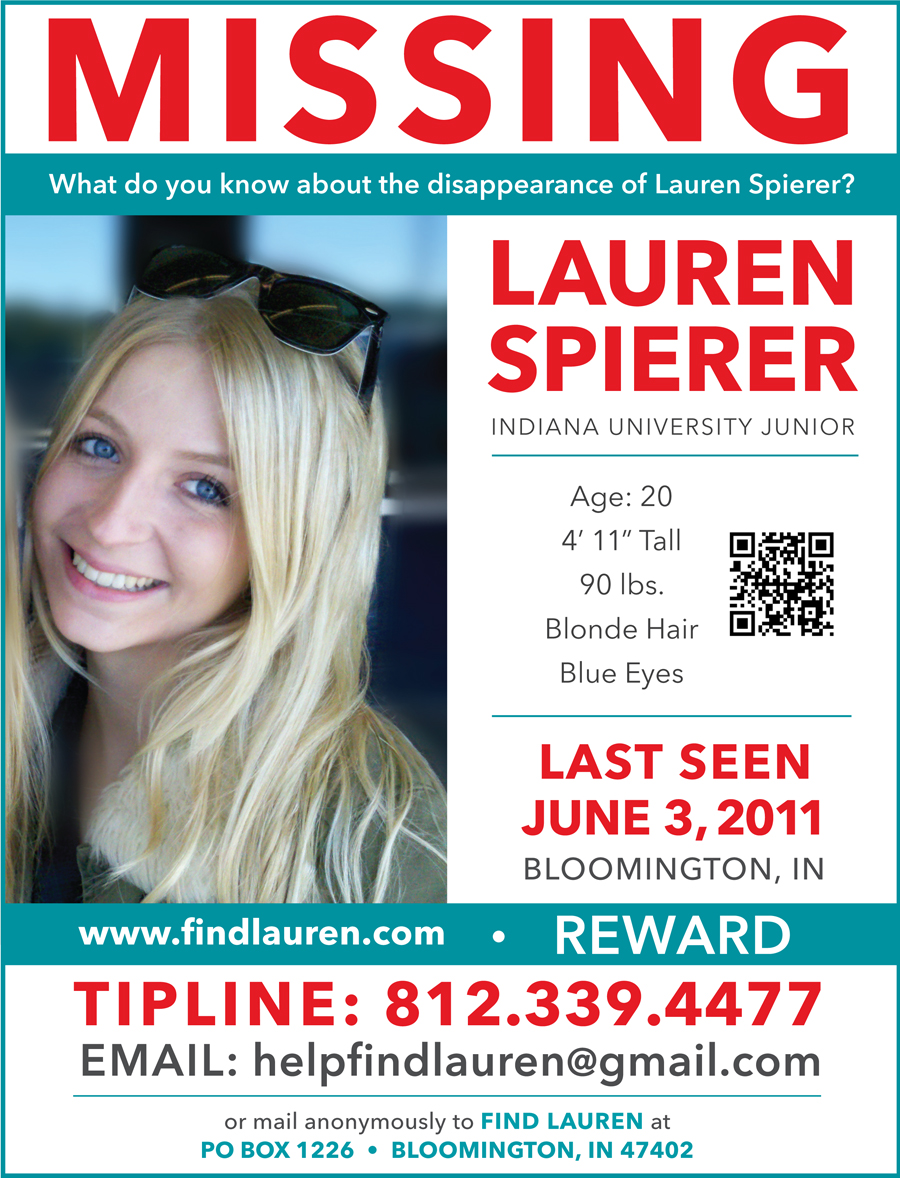
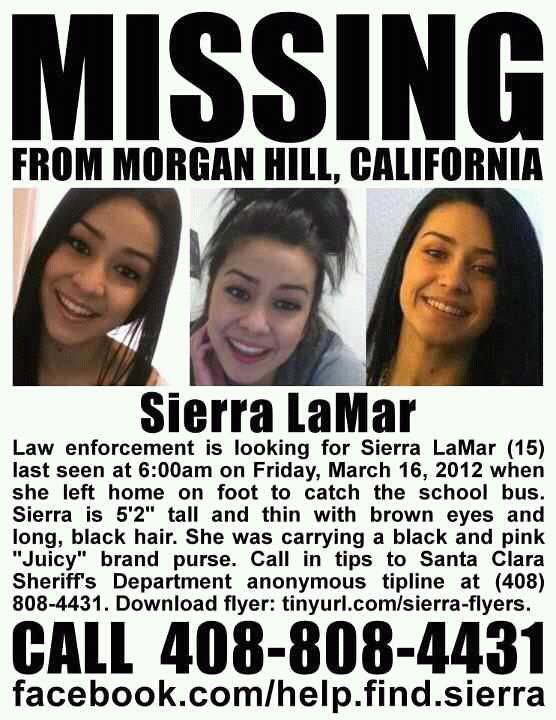
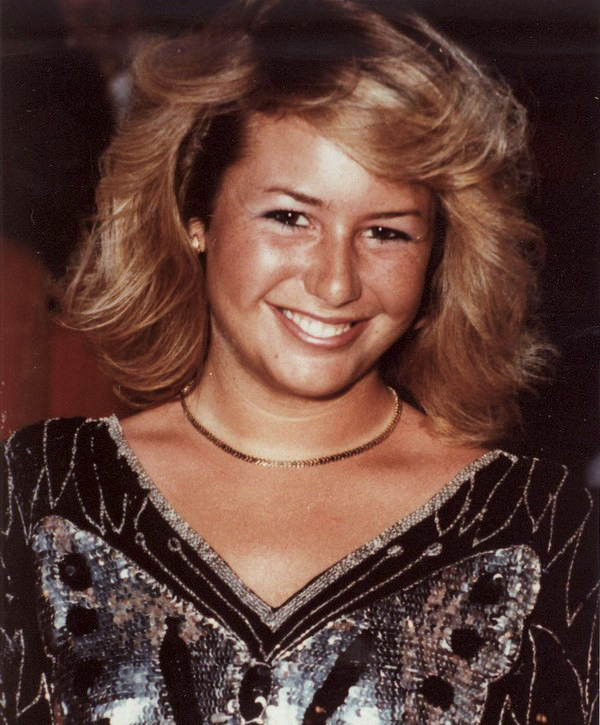

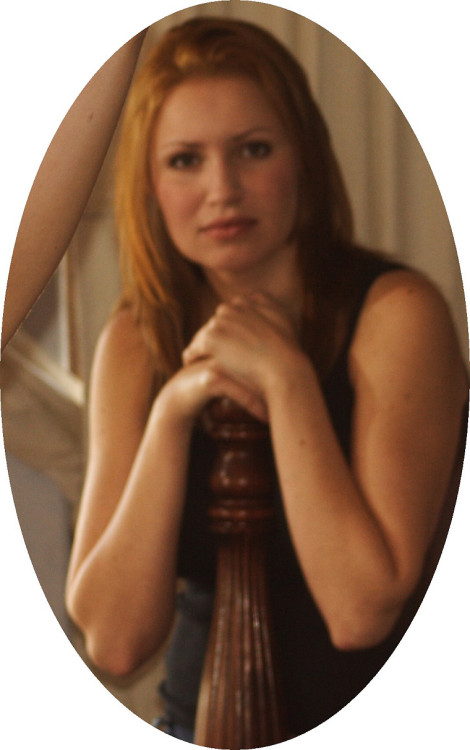
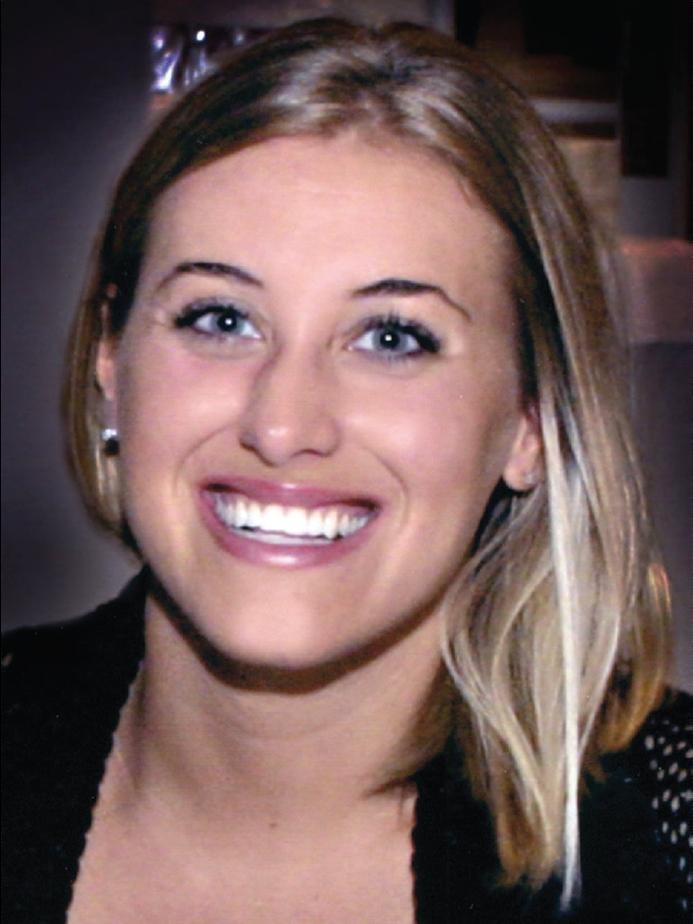














 LEGAL NOTICE
©David B. Knechel. All Rights Reserved. No portion of this site can be reproduced in it's entirety or in part without expressed written permission by the owner/administrator of this site in accordance with the Digital Millennium Copyright Act. Section 512(c)(3) of the U.S. Copyright Act, 17 U.S.C. §512(c)(3). The charges against defendants are mere accusations and the subjects are presumed innocent until found guilty in a court of law.
LEGAL NOTICE
©David B. Knechel. All Rights Reserved. No portion of this site can be reproduced in it's entirety or in part without expressed written permission by the owner/administrator of this site in accordance with the Digital Millennium Copyright Act. Section 512(c)(3) of the U.S. Copyright Act, 17 U.S.C. §512(c)(3). The charges against defendants are mere accusations and the subjects are presumed innocent until found guilty in a court of law.
